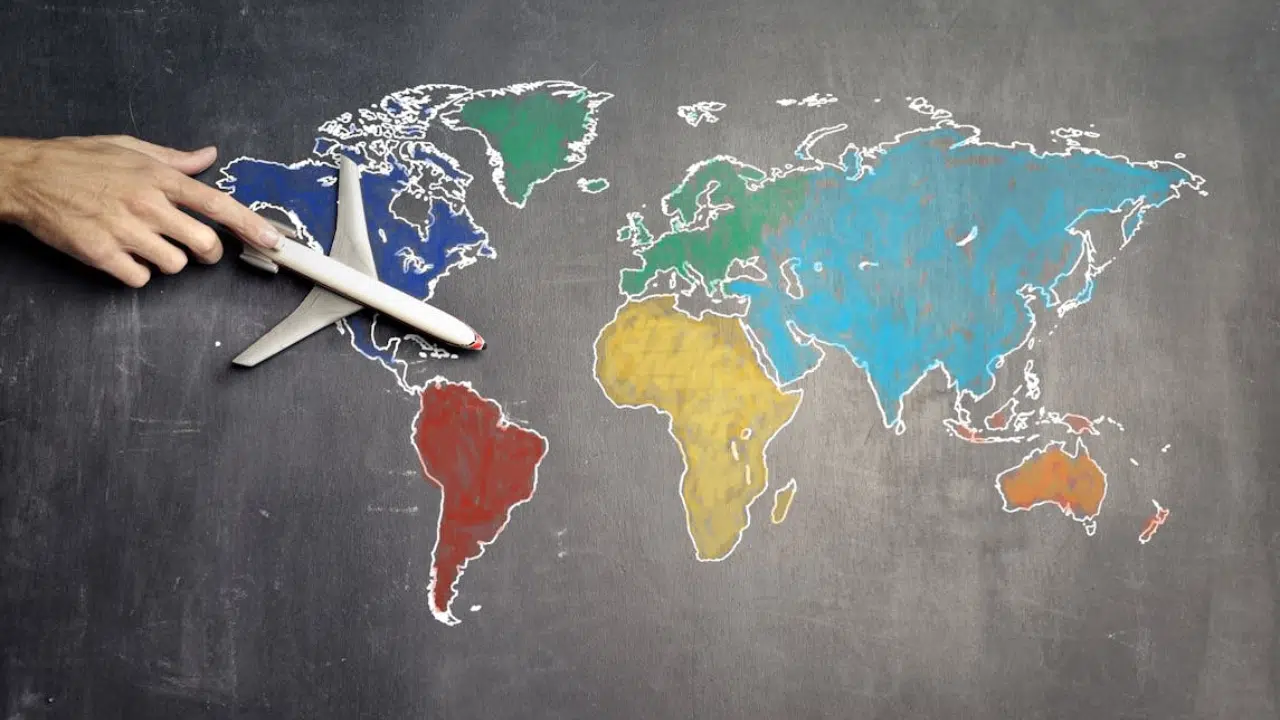Moving to a new country can be an exciting adventure, with new opportunities and experiences. However, international relocations present unique challenges that can be overwhelming without proper planning and support. Understanding these obstacles and planning accordingly with our tips will help you make a smoother transition to your new home.
The First Challenge: Adapting to New Cultures
One of the most difficult aspects of moving abroad is adapting to a new culture. Cultural differences can widely impact daily life, including social interactions, workplace dynamics, and daily routines. Acclimating to a new culture entails understanding and accepting these differences, which can be both enriching and challenging.
Understanding and Accepting Cultural Differences
Adapting to a new culture requires an open mind and a willingness to learn. Begin by researching your destination country’s customs, traditions, and social norms. This helps in setting realistic expectations and mentally preparing for the changes. Engage with locals and expats to gain insights and form a supportive network. Joining local clubs, community groups, or online forums can lead to valuable resources and connections.
Another big problem is language barriers. To get better at communicating and fit in with the community, you might want to take language classes. Even if you only learn the basics, learning the language can make your daily life easier and help you feel more connected to where you are living. It is also important to understand nonverbal cues since body language and gestures can be very different from one culture to the next.
Adopting local traditions and customs can also help people adjust to a new culture. Take part in festivals, try traditional foods, and show your interest in how people in your new country live. Not only does this help you make friends, but it also broadens your cultural knowledge. During this time of change, it is important to remain patient and adaptable.
How to Overcome Potential Logistics Problems
Logistical challenges are common with international relocation. Moving logistics can be overwhelming, ranging from packing and shipping your belongings to dealing with customs regulations. These challenges can be mitigated through effective planning and organization.
Organizing and Planning
Get a head start on arranging your relocation. Make an extensive moving list that includes things like finding a reputable moving company, organizing your things, and learning about the customs and rules of your destination country. Professional moving services can help you with these practical issues, ensuring your move goes smoothly and without any stress.
To avoid legal problems or delays, learn about the customs rules of the country you are moving to. It is important to know that each country has its own rules about what can be brought in. Additionally, marking and documenting your belongings can make the customs process smoother.
The Art of Financial Management and Planning
Managing finances during an international move entails more than just budgeting for relocation costs. It includes getting to know how much things cost in your new country, changing money into the local currency, and setting up banking and other financial services.
To make a realistic budget, find out how much it costs to live where you are moving. Consider the exchange rates and financial implications of international money transfers. To make financial transactions easier, open a bank account in your destination country before you move. Consult with a financial advisor to better understand the tax implications and other financial aspects of your move.
Ensure that you can access funds during the transition period. Bring some local currency and an international credit card to cover any immediate expenses upon arrival. Setting aside an emergency fund to cover unforeseen expenses can provide financial security during your move.
Where and How to Get Medical Care and Health Insurance
Moving to a new country can make it difficult to access healthcare services and obtain adequate insurance coverage. Different countries have unique healthcare systems and insurance requirements.
Investigate your new country’s healthcare system and decide whether you should enroll in a public health plan or purchase private insurance. Ensure you have adequate health insurance from the moment you arrive. International health insurance providers, such as Allianz Care and Cigna Global, provide comprehensive plans tailored to expat needs.
It is also important to understand the local healthcare facilities and how to get to them. Knowing where the nearest hospital or clinic is and how to handle medical emergencies can provide peace of mind.
Get Into Administrative and Legal Responsibilities
Getting through the legal and administrative requirements of moving to a new country can be time-consuming and confusing. This includes getting visas, work permits, and residency documents.
Start getting the necessary visas and permits a long time before actually needing them. Learn about the legal requirements for living in your new country, getting a job, and other parts of daily life. Talking to immigration lawyers or moving experts can help you make sure you follow the law and avoid problems.
To stay organized, create a checklist of all required documents and deadlines. Make multiple copies of important documents and keep them in a safe location.
How to Deal With the Psychological and Emotional Effects
Relocating overseas can have a significant effect on one’s mental and emotional health. Experiencing homesickness and feelings of isolation are common reactions to leaving loved ones and familiar environments.
Establishing a System of Mutual Aid
Make friends with other expats, get involved in the community, and maintain contact with loved ones back home to help you adjust to your new home. Take part in events that bring people together in your new neighborhood. When dealing with the emotional difficulties of moving, it can be helpful to seek out professional counseling or join a support group.
Another way to bring some regularity into your life is to find new hobbies and stick to a specific schedule. Stress management and general health can be enhanced with regular exercise, a healthy diet, and enough sleep.
The Steps to Integration and Gradual Adaptation
It may take some time to get used to your new surroundings and develop a routine. Finding housing, enrolling children in school, and learning about local services are all part of adjusting to your new life.
Allow yourself time to adjust to your new environment. Explore your neighborhood, sample local cuisine, and take part in community events. Enroll your kids in local or international schools to ensure a smooth transition. Gradually integrating into your new surroundings will make you feel more at ease and reduce the stress of moving.
Make time to learn about local transportation, grocery stores, and other necessities. Establishing a routine and becoming acquainted with your new surroundings can help you settle in more comfortably.
You Can Enjoy Your Moving Success Despite Setbacks
International relocation presents numerous challenges, but with proper planning and support, these obstacles can be effectively managed. Understanding and addressing the cultural, logistical, financial, and emotional aspects of your move will help make the transition easier and more enjoyable.
If you want a stress-free international move and professional assistance, you should think about hiring relocation experts. Most professional international movers, such as I Love Moving, offer full-service moving and can help you with any international relocation challenges you may have. For more information, visit their website.







































